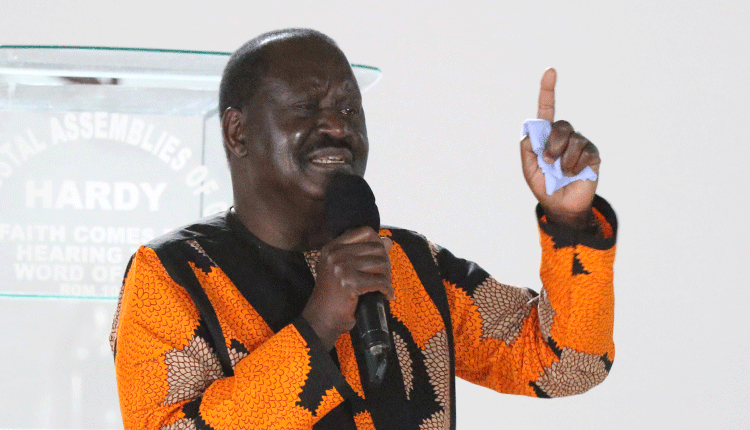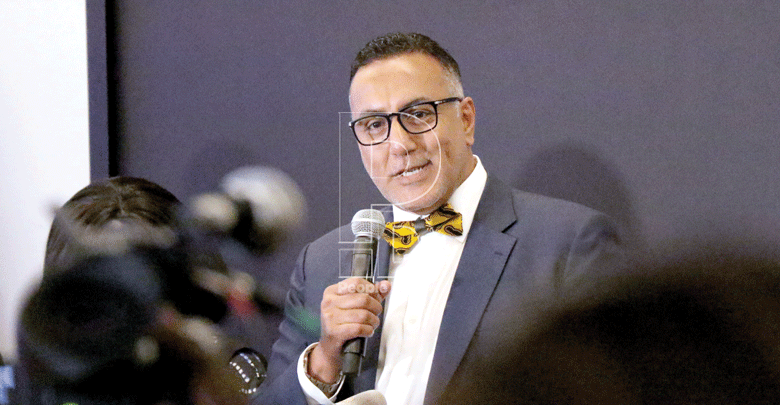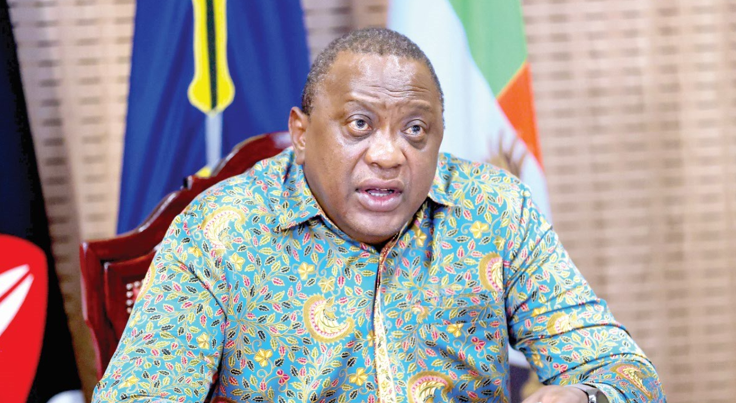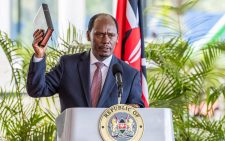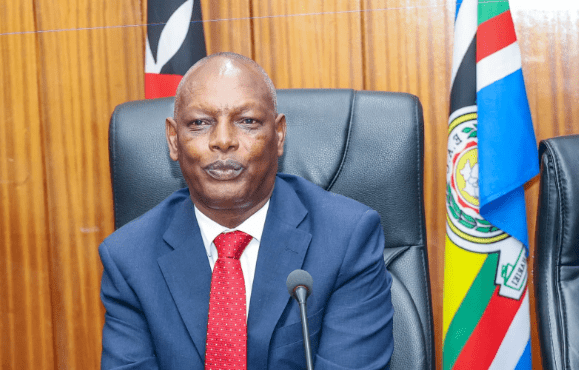Low blue economy yields tied to KMA dysfunction
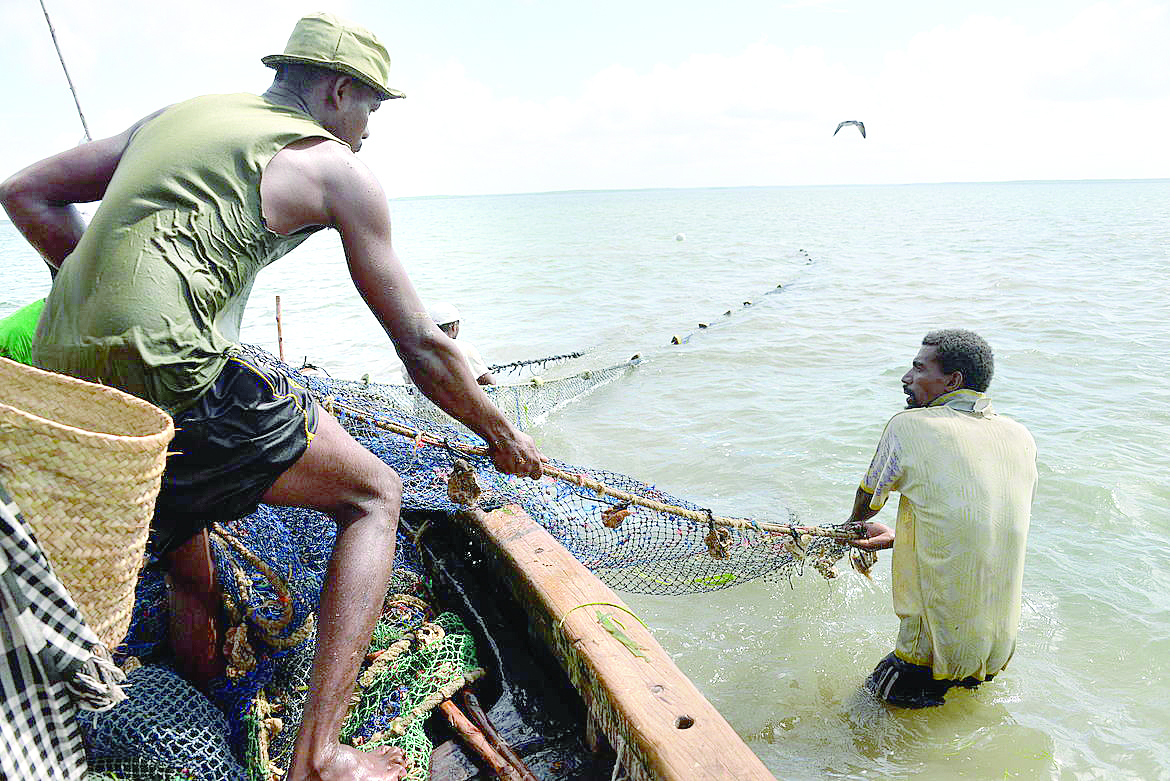
When Martin Dzombo Munga became director-general of the Kenya Maritime Authority (KMA) on December 15, 2023, there were high hopes, and bold promises were made.
The official takeover ceremony, held at KMA’s Bahari House headquarters in Mombasa, was attended by top officials, including Shipping and Maritime Affairs Principal Secretary Geoffrey Kaituko, KMA board chairman Hamisi Mwaguya, and members of the board of directors.
Munga envisioned a reimagined maritime sector, pledging to revitalise shipbuilding, enhance commuter transport systems, embrace digital solutions, and align KMA’s strategies with Kenya’s blue economy agenda.
“We are looking at ship breaking, expanding our shipyard, and building support services to elevate our shipbuilding industry,” Munga declared at the time.
His ambitious blueprint included integrating water transport systems to ease congestion, particularly in areas like Likoni and the north coast, while simultaneously boosting tourism.
Digital transformation
Munga also prioritised digital transformation, proposing an advanced e-marine system for real-time industry monitoring and improved safety protocols.
The lack of such systems, he noted, had contributed to tragic incidents, referring to an earlier incident where public officials and passengers went missing in Tana River county during floods.
But while his bold ideas painted an optimistic future, KMA was soon engulfed in controversy.
Just nine months into his tenure, on September 20 this year, Munga was sent on compulsory leave amid allegations of irregular hiring, corruption, and financial mismanagement.
The Ethics and Anti-Corruption Commission (EACC) began investigating complaints that irregular hiring practices had marred KMA’s operations during the 2022/2023 and 2023/2024 financial years.
Boardroom tensions soon erupted, with Munga and KMA’s board trading accusations. Mwaguya, the board chairman, announced Munga’s dismissal but offered no details, only saying, “The board has effected changes.”
The leadership crisis left KMA adrift, but the troubles didn’t end with Munga’s departure. KMA’s head of human resources and administration, Henry Mwasaru, and its head of supply chain management, Bevaline Lundu, were arrested recently for allegedly colluding with Liaison Group Insurance Brokers officials in a fraudulent Sh40.5 million medical insurance tender. Liaison Group executives Julius Kitheka and Danson Kaba were also apprehended in connection with the rigged bidding process.
Investigations revealed that tenders for medical insurance, group life assurance, and general insurance for KMA staff and board members were orchestrated by Liaison Group. Related documents were allegedly prepared at the vendor’s offices before being advertised under KMA’s name.
The Capital Youth Caucus Association (CYCA) in an August 2024 letter to various authorities, detailed claims of systemic bid rigging and corruption at KMA. CYCA outlined claims of bid rigging, collusion with suppliers and abuse of office at KMA.
Kaituko, the PS, recently highlighted the broader implications of KMA’s dysfunction. He lamented that Kenya loses about Sh600 billion annually because of underinvestment in the blue economy.
He appeared to point an accusing finger at KMA, accusing the agency of sleeping on the job. “The blue economy encompasses 18 sub-sectors, and in Kenya, we are barely scratching the surface,” he said. “If we opened up our registry and became a serious flag state, we could be generating 20 times the revenue we currently see through KMA.”

